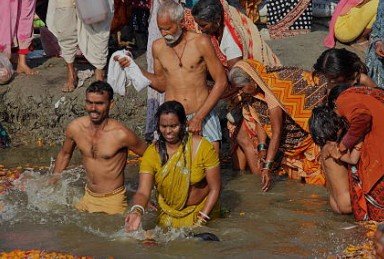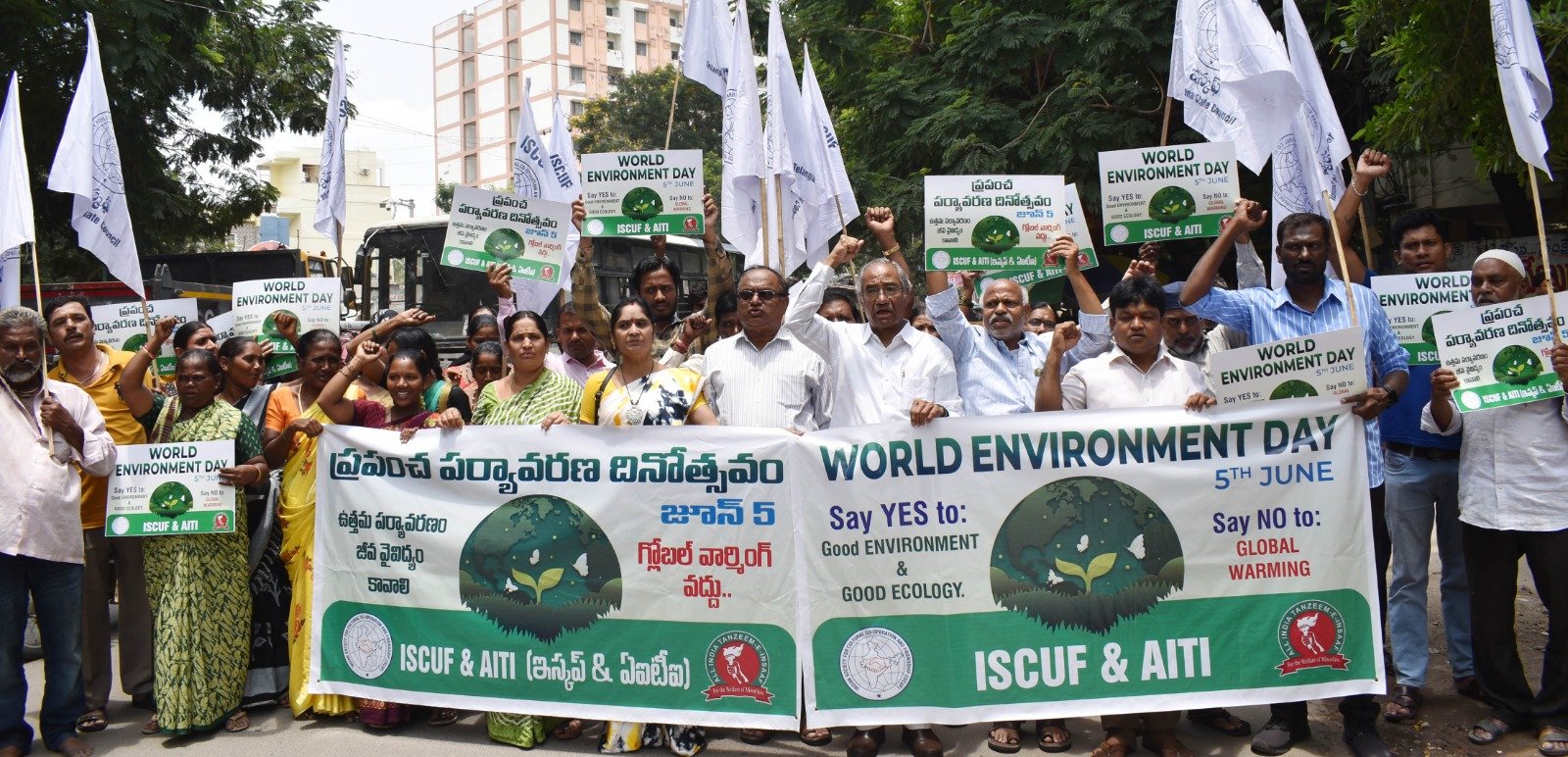Alarmingly high levels of faecal coliform has been observed in the waters of Prayagraj, particularly at the confluence of the Ganga and Yamuna rivers. These bacteria levels greatly exceed the permissible limit of 2,500 units per 100 ml, rendering the water unsafe for bathing, according to the Uttar Pradesh Pollution Control Board (UPPCB). This contamination is primarily attributed to significant sewage pollution.

The National Green Tribunal (NGT) has expressed grave concern over this issue and has summoned UPPCB officials to appear virtually on February 19, following the Board’s failure to submit an ‘action taken report’ (ATR) on improving water quality in preparation for the Mahakumbh-2025.
The NGT’s principal bench, comprising chairperson Justice Prakash Srivastava, judicial member Justice Sudhir Agarwal, and expert member A Senthil Vel, had earlier directed the UPPCB and the Central Pollution Control Board (CPCB) to take water samples and publish the results on their websites by January 31 and February 28.
The CPCB, in compliance with the directive, submitted its report on February 3, highlighting the non-compliance and violations by the UPPCB. The Tribunal’s order emphasized that the UPPCB had not adhered to the comprehensive action plan mandated for maintaining water quality.
With the Mahakumbh Mela underway, the poor water quality poses a significant risk to millions of pilgrims who participate in ritual baths in the river. In response to the contamination, authorities have implemented measures including the shutdown of industrial operations and the diversion of untreated sewage to temporary treatment plants.
The Tribunal’s intervention underscores the urgency of addressing water pollution in Prayagraj and ensuring the safety of devotees. The UPPCB is now under pressure to comply with the directives and take effective steps to restore water quality in the region.


